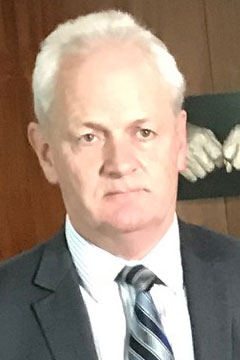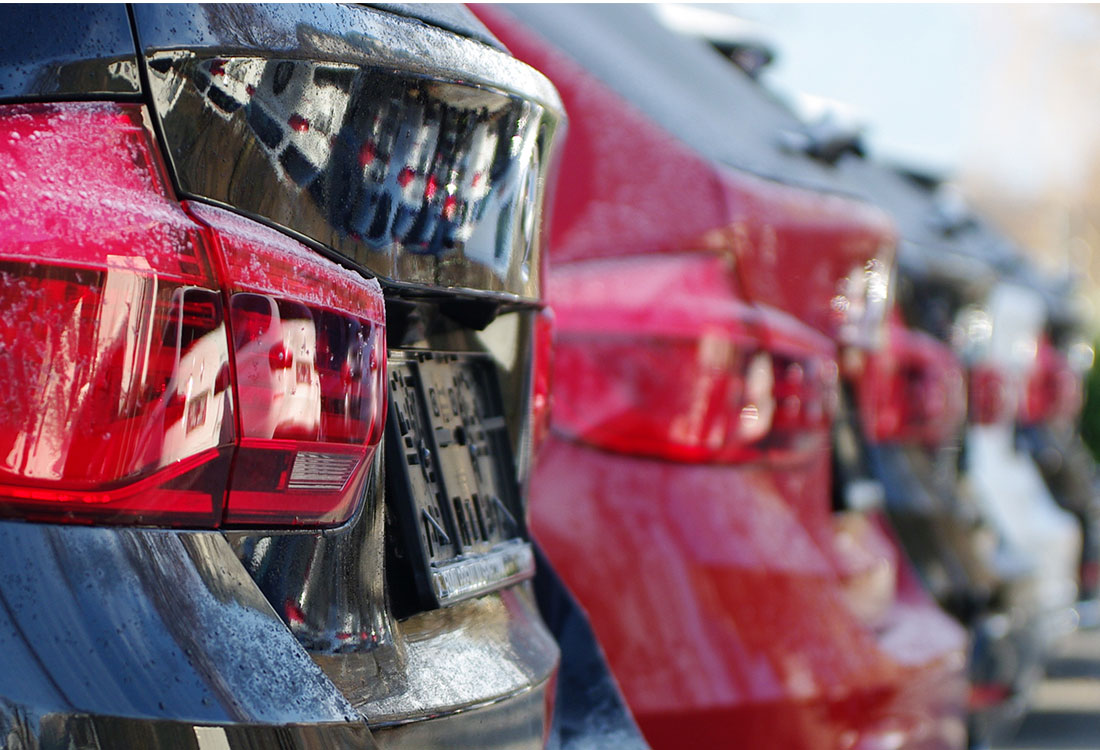
Geoff Gwilym
AS MANY as 34 per cent of cars reported as sold by some dealers in Victoria are believed to be inaccurately reported because those retailers are being pressured by OEMs to meet increasingly higher sales targets, according to a survey by the state’s automotive body.
The pre-registering of cars, called pre-retail delivery advice (PDA) vehicles or cyber cars, is an industry-wide practice that distorts the true level of demand in the car market, according to an ongoing Victorian Automobile Chamber of Commerce (VACC) survey.
The VACC survey of its car dealer members has found that 86.3 per cent participate in the practice which leaves thousands of cars in dealers’ stock still waiting for a genuine buyer.
While the 34 per cent figure seems high, it would be balanced out by dealers that have not yet participated in the survey who register fewer numbers of cyber cars or those dealers who do not pre-register cars at all.
However, if only half the numbers seen in the Victorian survey translate nationally, that means about 15,000 cars claimed as sold in a given month were not actually sold to a customer but marked as sold by the car-maker.
This would amount to a distortion of 180,000 cars over a year in a market of 1.2 million units.
The VACC has already had more than 100 responses to the survey and has found that 86.3 per cent of dealers participate in registering unsold new cars – termed cyber cars – because of negative pressure from the car-maker and 92.2 per cent want the practice to cease immediately.
Within the 100 respondents to date are major multi-site dealerships and the participants include many large-volume car brands.
So important are details collated so far by the VACC that the survey has been extended until September 21. It was to have ended tomorrow.
The VACC – on behalf of its members who responded to its survey – wants the end of cyber cars to give the industry and the relevant governments a more accurate picture of the state of the nation’s vehicle industry.

The VACC this week said that data to date shows that cyber cars are “anecdotally believed to amount to 34 per cent of new cars reported currently sold to consumers in the Victorian market and provide a set of data that distorts the true state of the market”.
VACC says this is not a criticism of the data collectors or data distributors in Australia but a reflection on the sorts of pressures that many dealers face from vehicle manufacturers.
It said that the survey respondents said the reasons that they participated in the cyber-car practice included “as a result of not meeting targets”, “fear of the franchise being pulled”, and “to remain competitive”.
VACC CEO Geoff Gwilym said his association wanted “clarity and transparency” in the reporting of vehicle sales and this included making a distinction between cars sold to consumers and those purchased by dealerships to raise sales figures.
“There remain strong views that vehicles reported to the market as sold include significant numbers of vehicles still sitting in the yards of car dealers, known as cyber cars, called cars or pre-RDA cars,” he said.
“While the VACC has empathy for dealers who participate in cyber-car schemes, it wishes to draw attention to the long-standing practice of including dealer-purchased vehicles in the so-called annual sales of the Australian new-car fleet.
“The VACC argues that if the dealership agreement was not so one-sided and did not have such onerous sales targets then dealers would never need or be pressured by manufacturers to participate in the practice of ‘cyber selling’ vehicles.”
Mr Gwilym said that it concerned his association that dealers “are stuck” with these cyber cars in dealer stock for a significant time after having reported them to the car-makers as sold “and that a significant amount of ‘distress advertising’ is centred around these vehicles”.
“A false economy is built around these cyber cars and a whole raft of corporate governance issues revolve around participation in this scheme,” he said.
“Even more concerning is that the vehicle manufacturers regularly exert pressure on dealers to cyber sell.

“VACC members tell us that through heavy incentives, threat of breach of performance targets or non-renewal of dealer agreements if performance targets are not met, dealers feel no choice but to participate.
“If that is the case, then the practice should be stopped.”
The VACC has asked its 640 dealer members for their thoughts on the practice of cyber selling.
Mr Gwilym said that many had said they did not like reporting cyber cars and others said it was the OEMs who promoted the activity by forcing too much stock into dealerships.
“It is like playing Russian Roulette with many manufacturers just chasing the highest sale volumes irrespective of whether the vehicle is sold to a consumer or just on the books of a dealership,” he said.
“It is then the dealer and consumer who suffers the damage.”
Mr Gwilym said the practice was distorting the new-car sales numbers “given the reporting in the press assumes these vehicles have been brought by a consumer and not a dealership”.
“We must arrive at a national position where only cars genuinely sold to a consumer are counted in the monthly and year-end figures,” he said.
“It would be accurate and less likely to mislead or deceive the market. In real terms vehicles held by a dealership and not sold until the following month would not be counted as sold until the actual sale to a consumer.
Mr Gwilym said that not all manufacturers participated in the practice and he was aware that there were some “who downright refuse to report cyber cars”.

“Effectively this is a case of some manufacturers using dealerships as a sponge to soak up overproduction and overstocking at the expense of the dealership, with a result of a distortion to the reporting of sold vehicles,” he said.
“There is an opportunity for manufacturers to help in the improved reporting of sold vehicles in Australia and they should collectively take up this challenge.”
Mr Gwilym said the VACC would reserve its right “in the short term” not to seek government intervention because the association preferred that OEMs ceased “this pressure act on dealerships”.
In a statement, the VACC said it will compile survey results in the coming weeks with a view to establishing a clear industry policy for this issue and with a view to stamping out cyber reporting.
Details of the survey are available on the VACC website. The survey ends at close of business on September 21.
VACC MEMBER RESPONSES FROM MORE THAN 100 RESPONDENTS SHOWS:
- 34.2 per cent of the sales fleet are reported as cyber cars.
- 86.3 per cent participate as a result of negative pressure from OEM.
- 84.1 per cent participate as a result of incentives from OEM.
- 7.0 per cent participate as self-imposed business requirement/pressure.
- 92.2 per cent want the practice ceased immediately. Some openly state they are desperate for its cessation.
By Neil Dowling and John Mellor













 Read More: Related articles
Read More: Related articles

